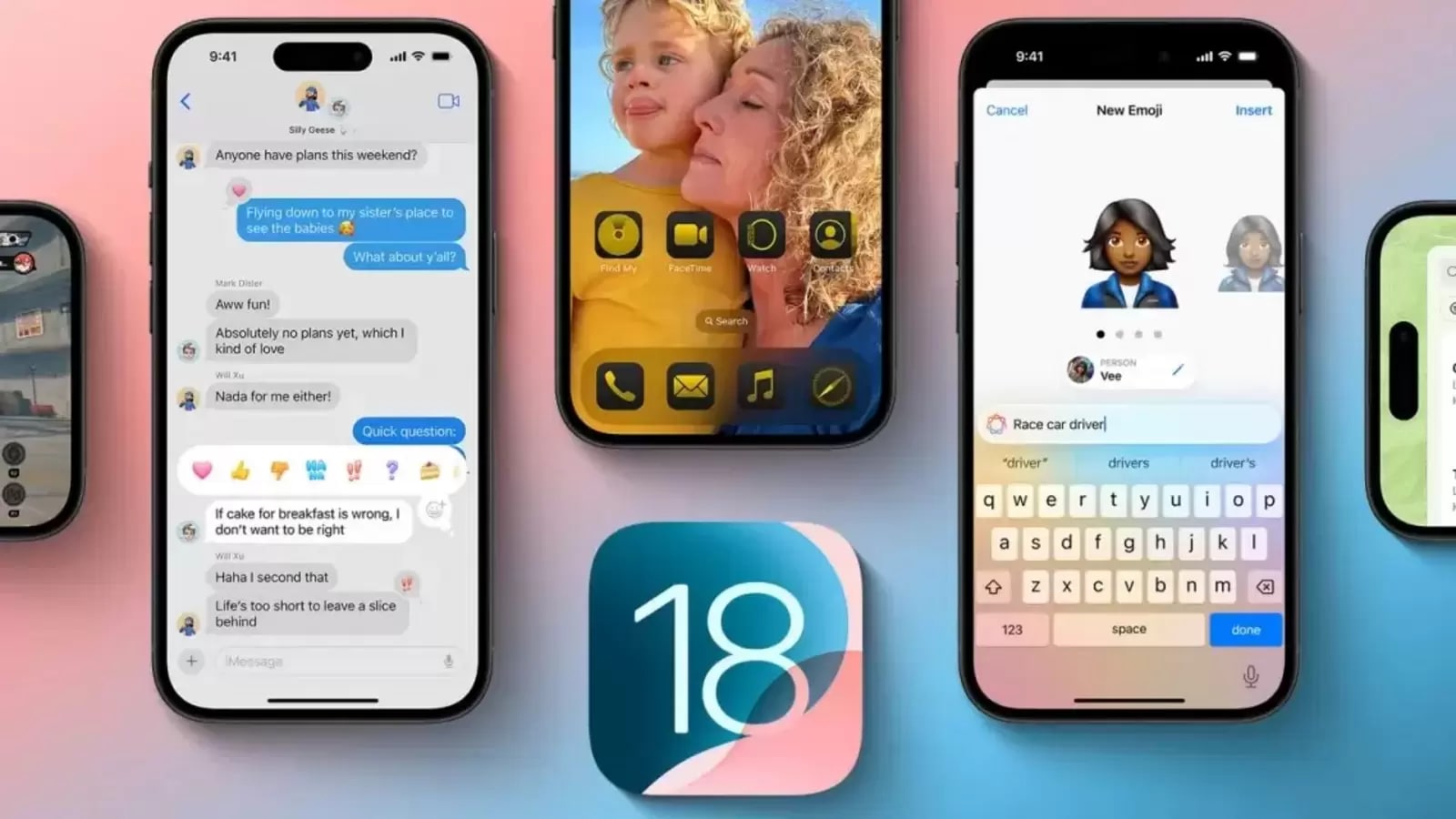When GitHub Copilot launched and started autocompleting lines of code — and, later, entire code snippets — the question many people were asking was: how long until we can just describe an app in natural language and Copilot will build it for us? We’ve seen quite a few experiments in this arena in recent months, but now, GitHub itself is throwing its weight behind this idea with the announcement of GitHub Spark at the company’s annual GitHub Universe conference in San Francisco.
Spark, which is officially an experiment the company is launching out of its GitHub Next labs, allows you to quickly build a small web app using nothing but natural language. Experienced developers can still see and edit the code — and underneath it all is a GitHub repository, GitHub Actions and Microsoft’s Azure CosmosDB as the default database for applications that need one — but that’s optional. Ideally, you’ll be able to use a chat-like experience to create a prototype and then refine it in subsequent steps.
To build an app, you start with an initial prompt and Spark will show you a live preview within a few seconds. From there, you can finetune the app and iterate by going back and forth with the bot.
“We truly believe this is the next step of personal software creation,” GitHub CEO Thomas Dohmke told me. “These micro apps, they’re not intended to replace the professional developer. They’re intended to be a tool for you to explore ideas, for you to build little bots, little helpers in your day-to-day — or to just explore software development with natural language”
While GitHub’s materials talk about Spark as a tool for building ‘micro apps,’ Dohmke told me that he wasn’t actually sure if there were built-in limitations to how complex a Spark application could get and a GitHub spokesperson confirmed that there are indeed no limits on prompts or capacity right now (though that may change after the technical preview). Dohmke noted that Spark can use any web API and leverage AI models itself and that he is excited to see how far GitHub’s users will push this tool.
 Image Credits:GitHub
Image Credits:GitHub“It will be very exciting to see, honestly, what users can do, how big of an application they can build with just the power of natural language and this simple user interface that really is designed for you to explore ideas, to spark new ideas,” he said.
Since GitHub Copilot now allows users to choose which large language model they want to use, it’s no surprise that Spark offers the same capability, with users getting the choice between the recent versions of Anthropic’s Claude Sonnet and OpenAI’s GPT models.
 Image Credits:GitHub
Image Credits:GitHubUsers can easily share their Sparks with customized access controls. What’s maybe even more interesting, though, is that those users can also take the shared code and build upon it themselves.
Developers who want to take these applications even further can look at the code at any time — and edit it if there’s an issue, which Dohmke acknowledges could happen. AI isn’t perfect, after all. “You can, of course, look into the code base,” he said. “So if you have an understanding of the code base, you can also look at the code directly and modify that, which is often helpful when the AI makes a mistake — which does happen.”
Before he joined TechCrunch in 2012, he founded SiliconFilter and wrote for ReadWriteWeb (now ReadWrite). Frederic covers enterprise, cloud, developer tools, Google, Microsoft, gadgets, transportation and anything else he finds interesting. He owns just over a 50th of a bitcoin.
Subscribe for the industry’s biggest tech news




















 English (US) ·
English (US) ·